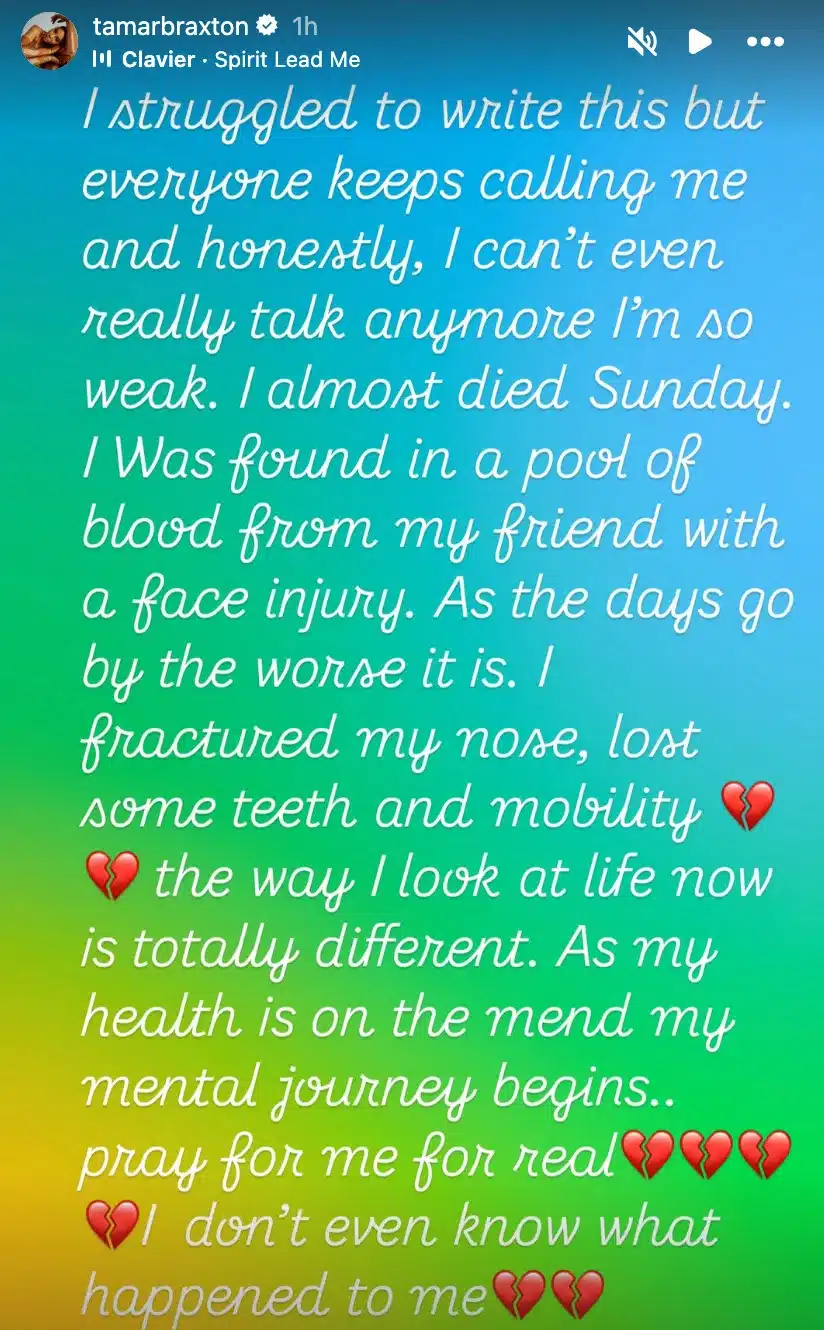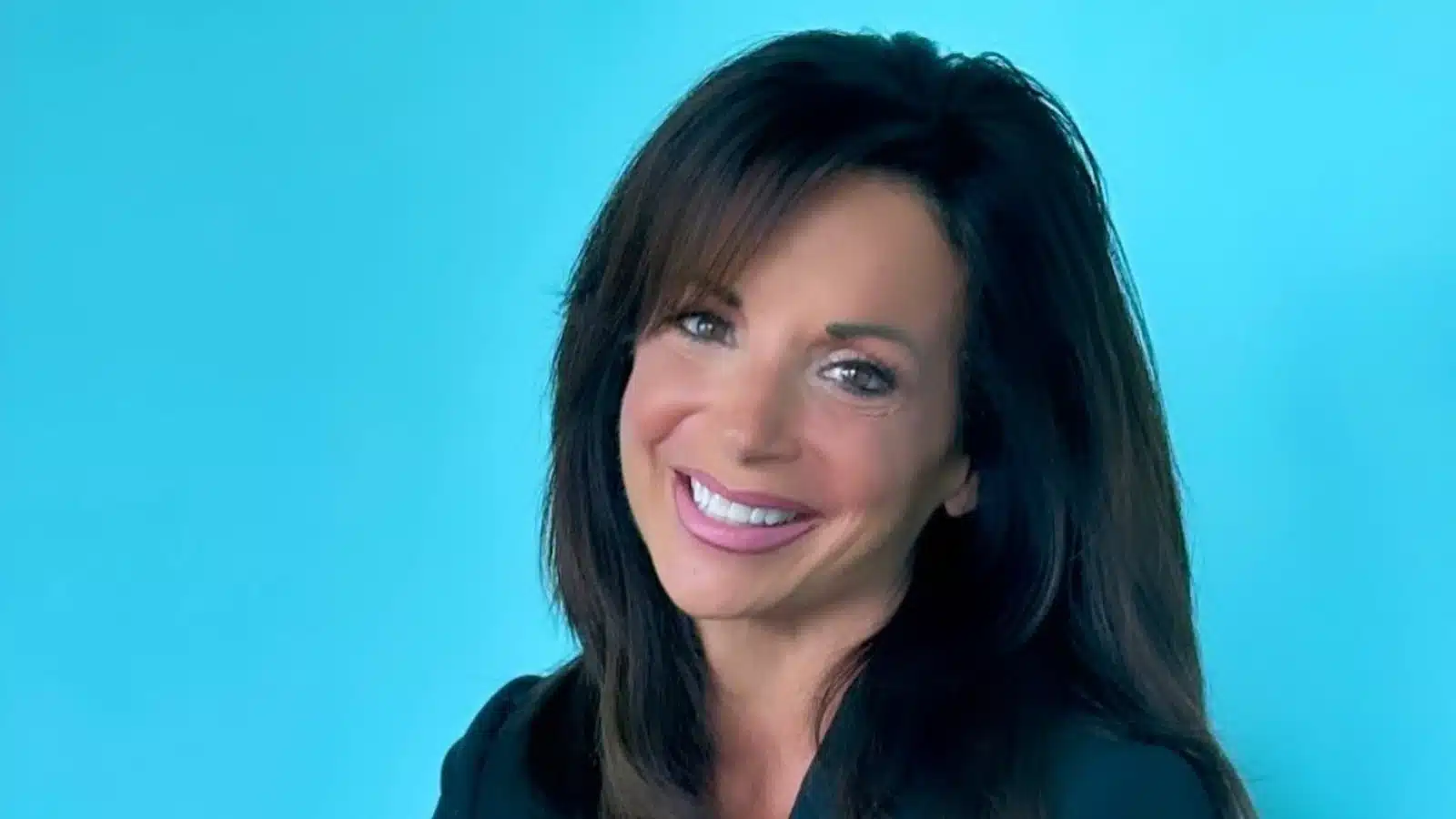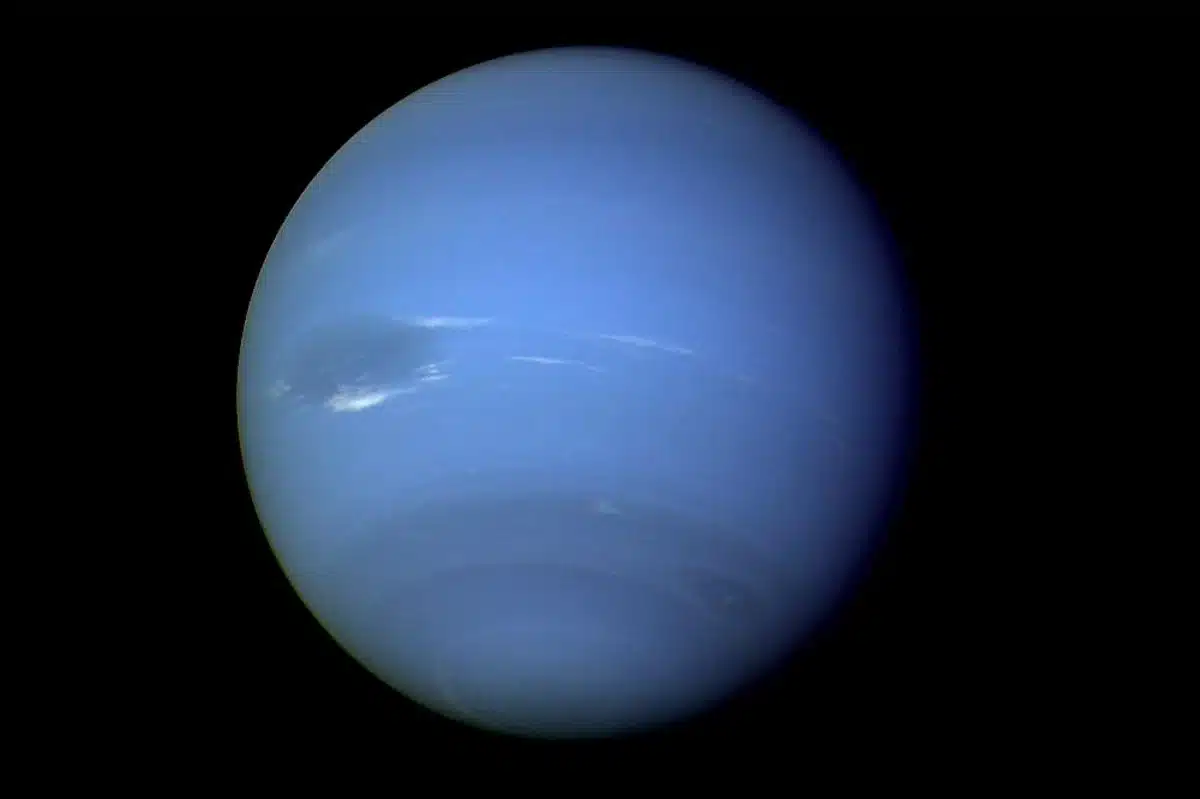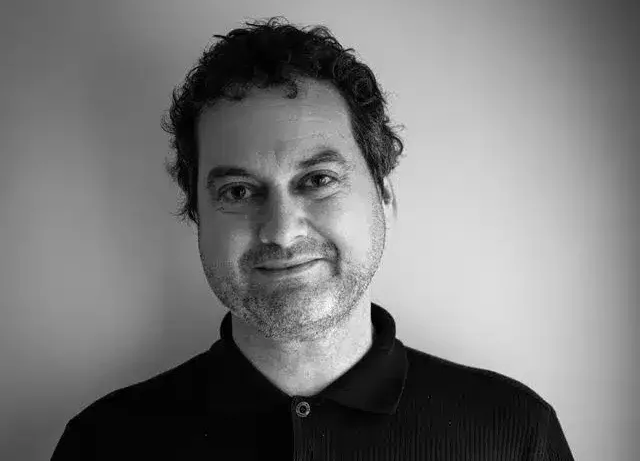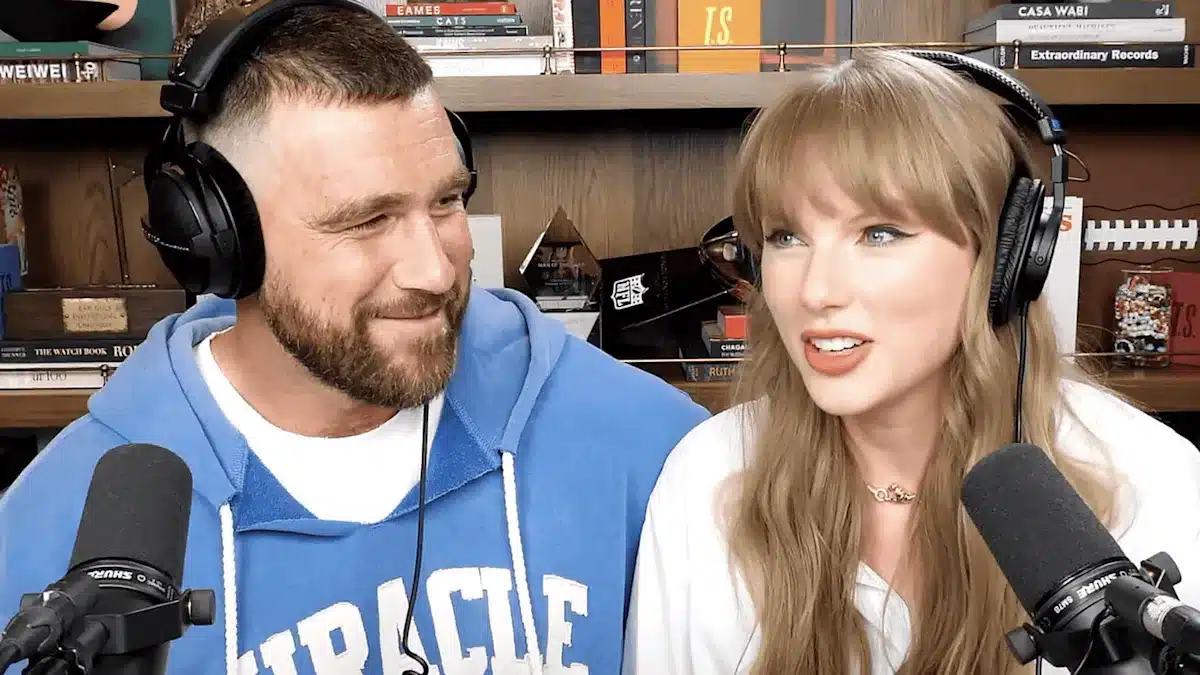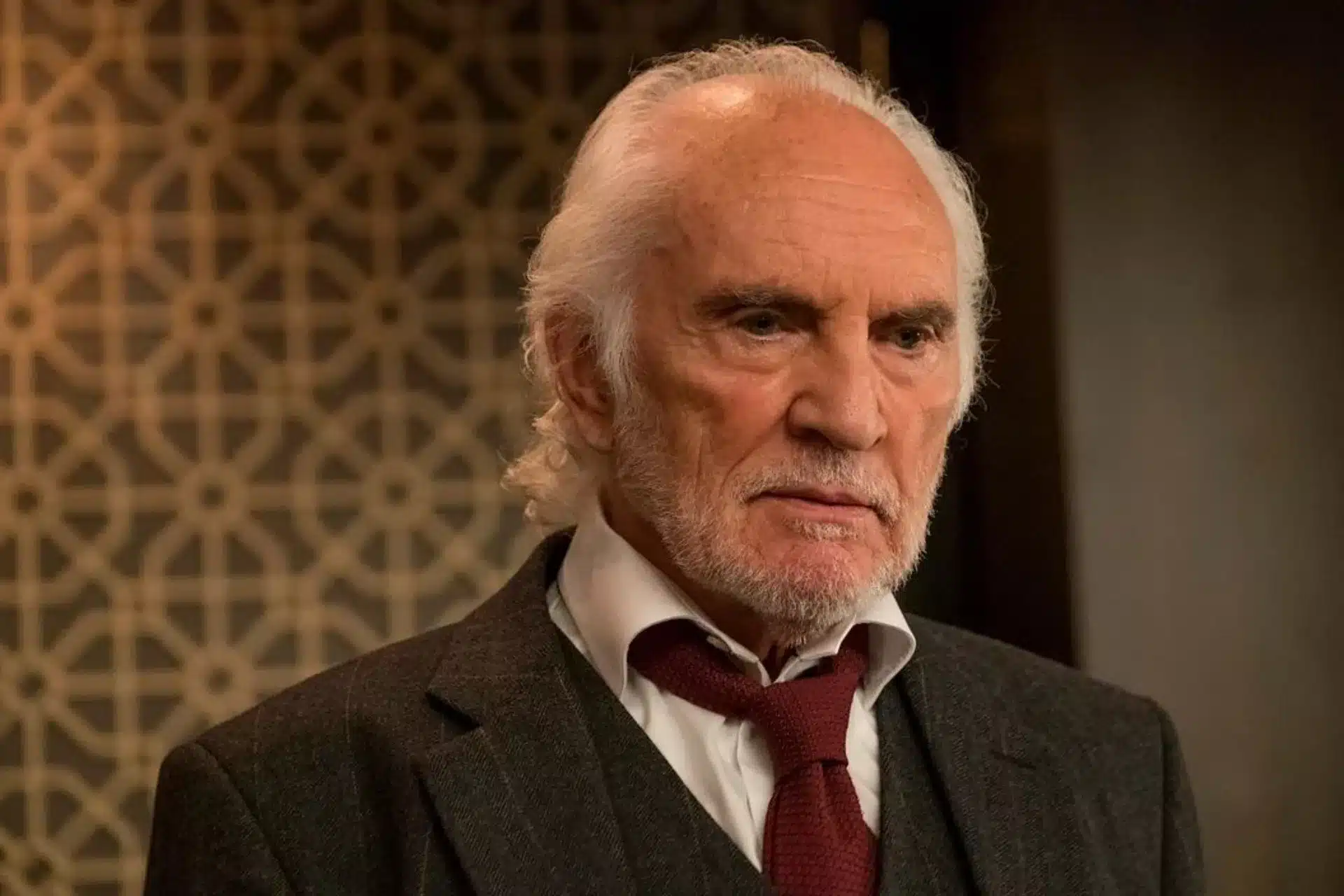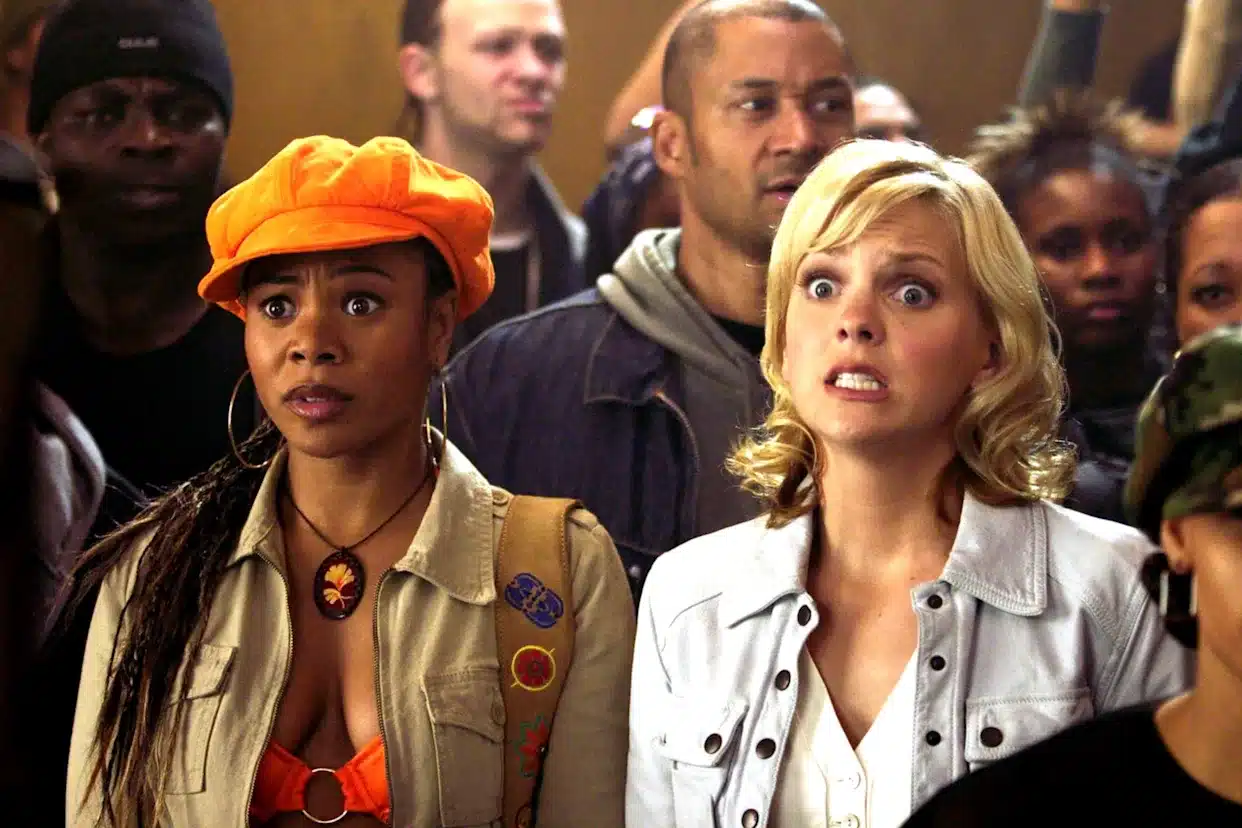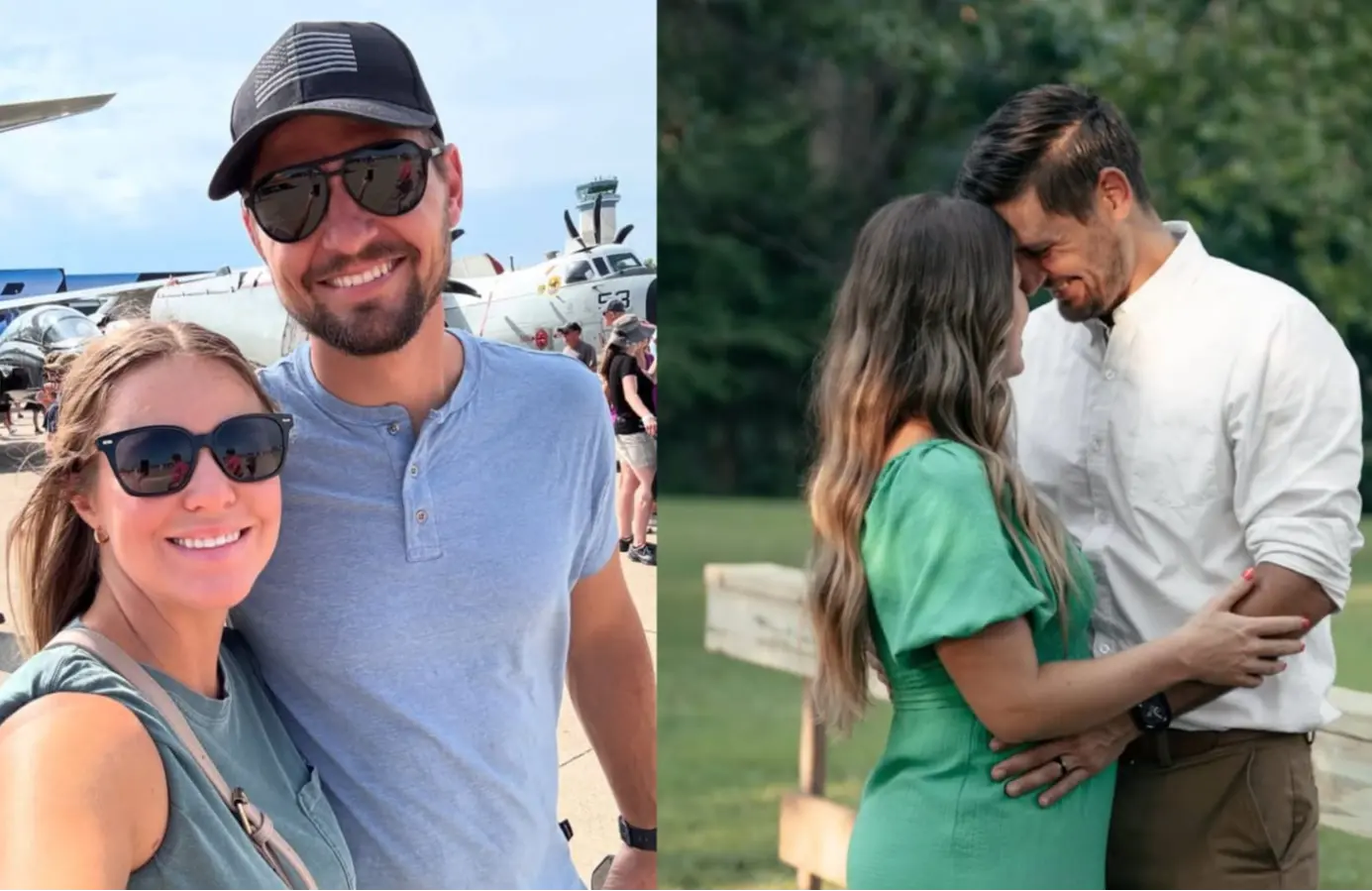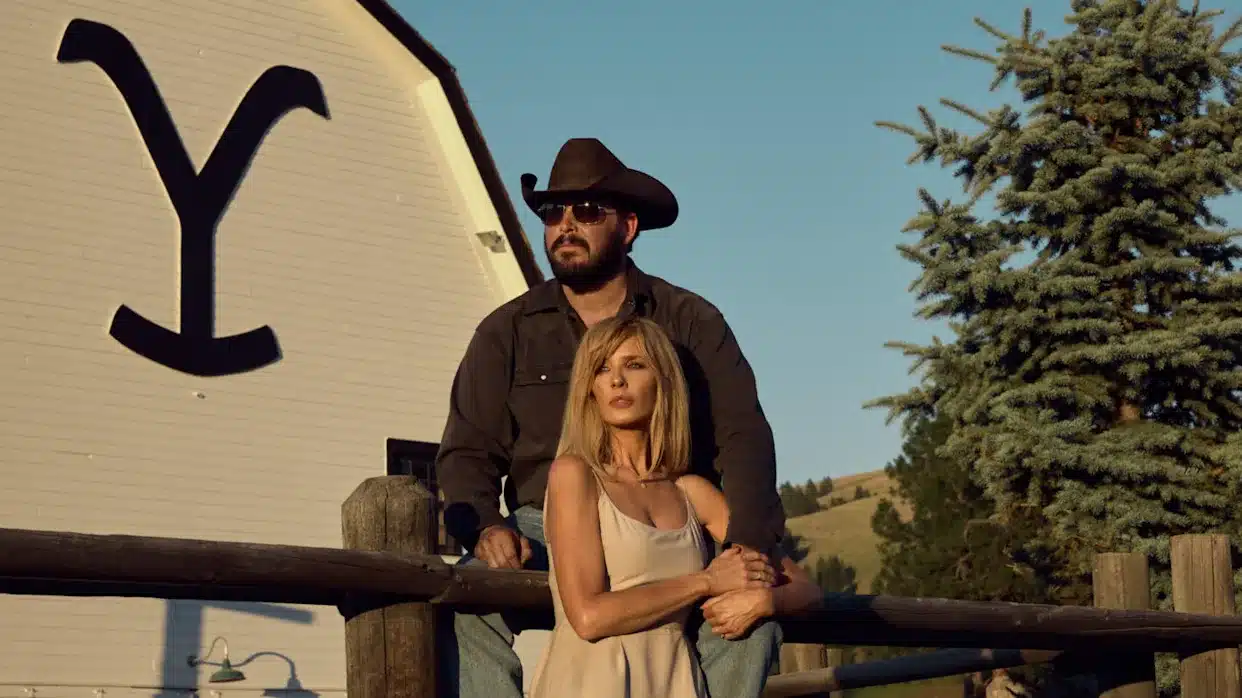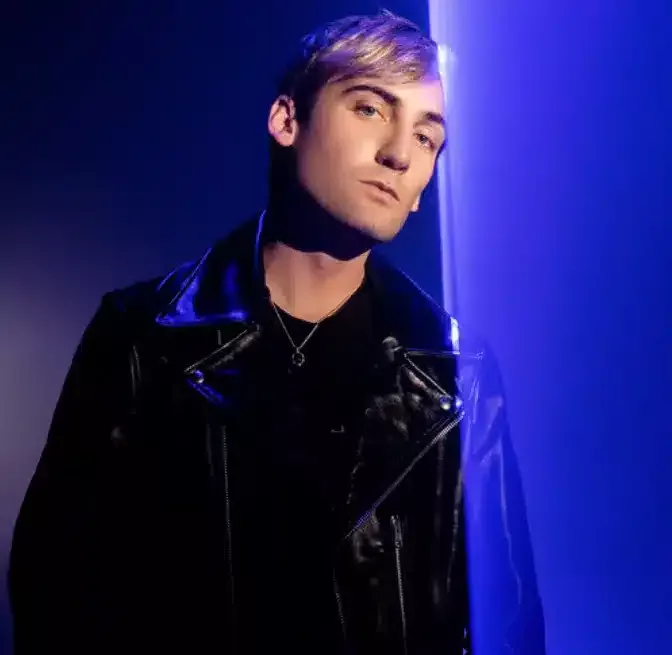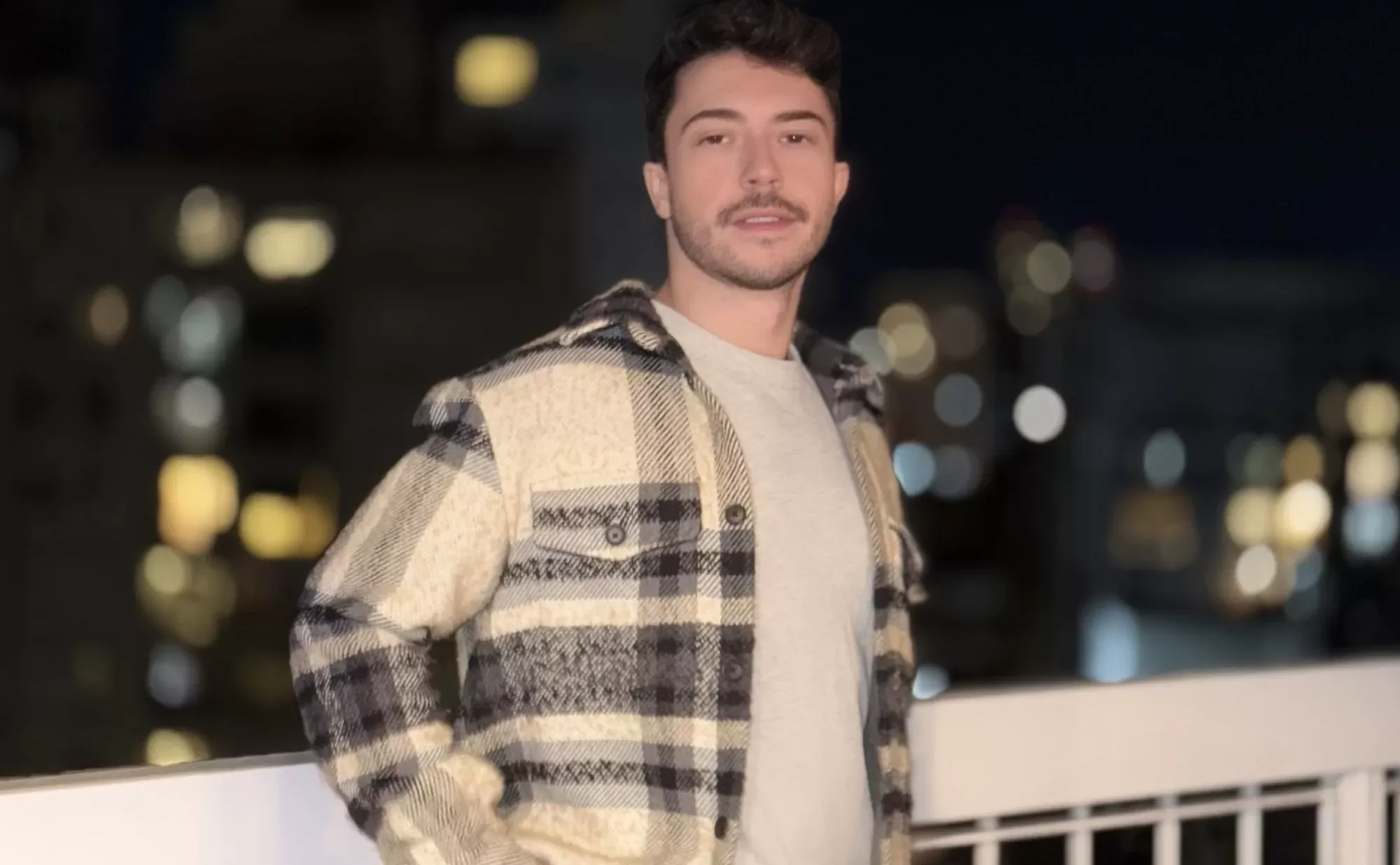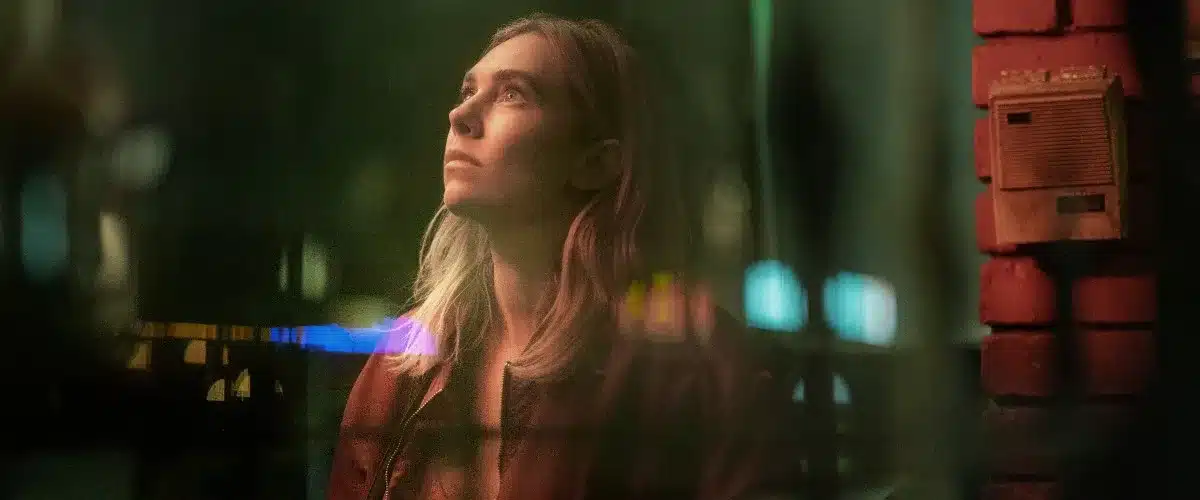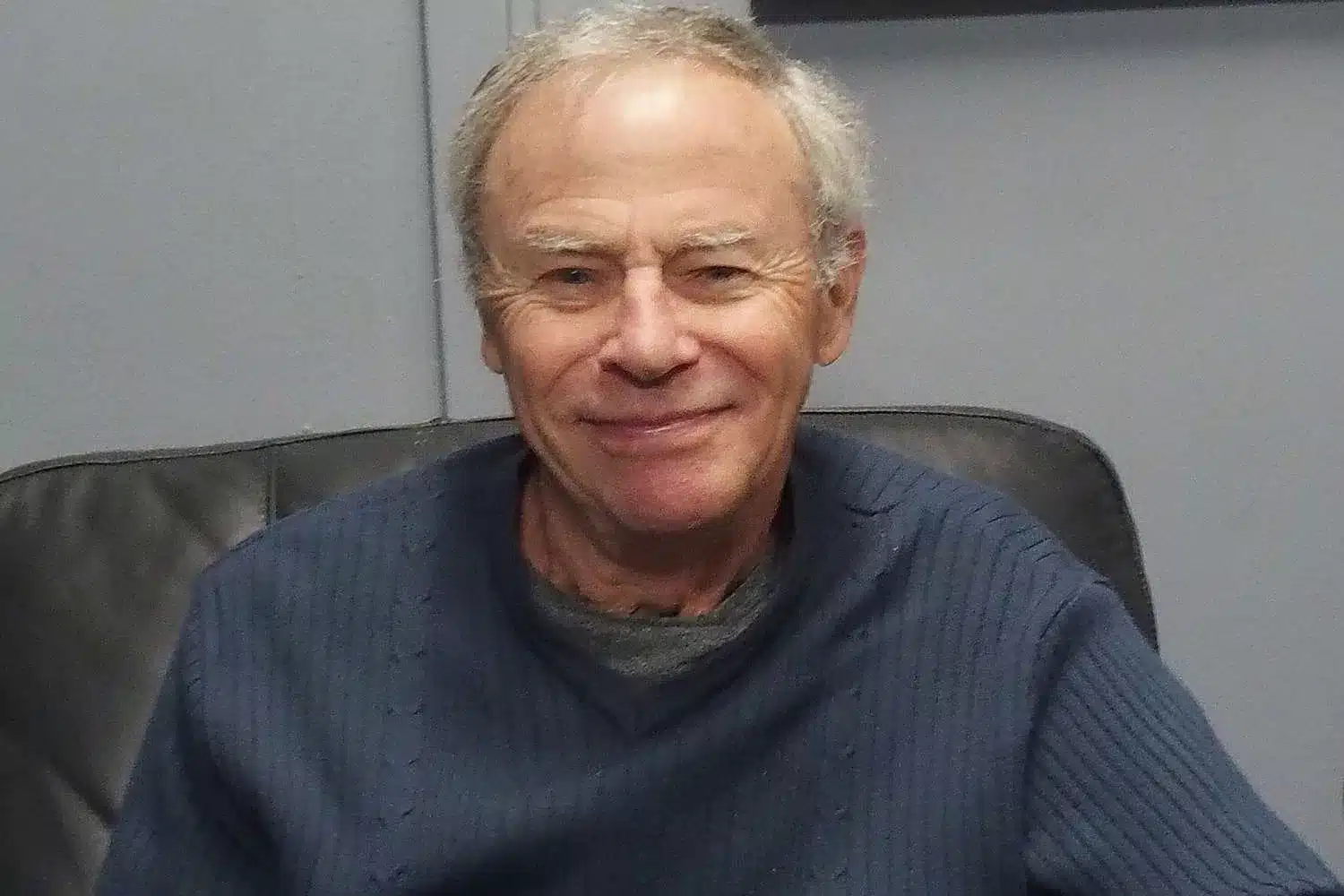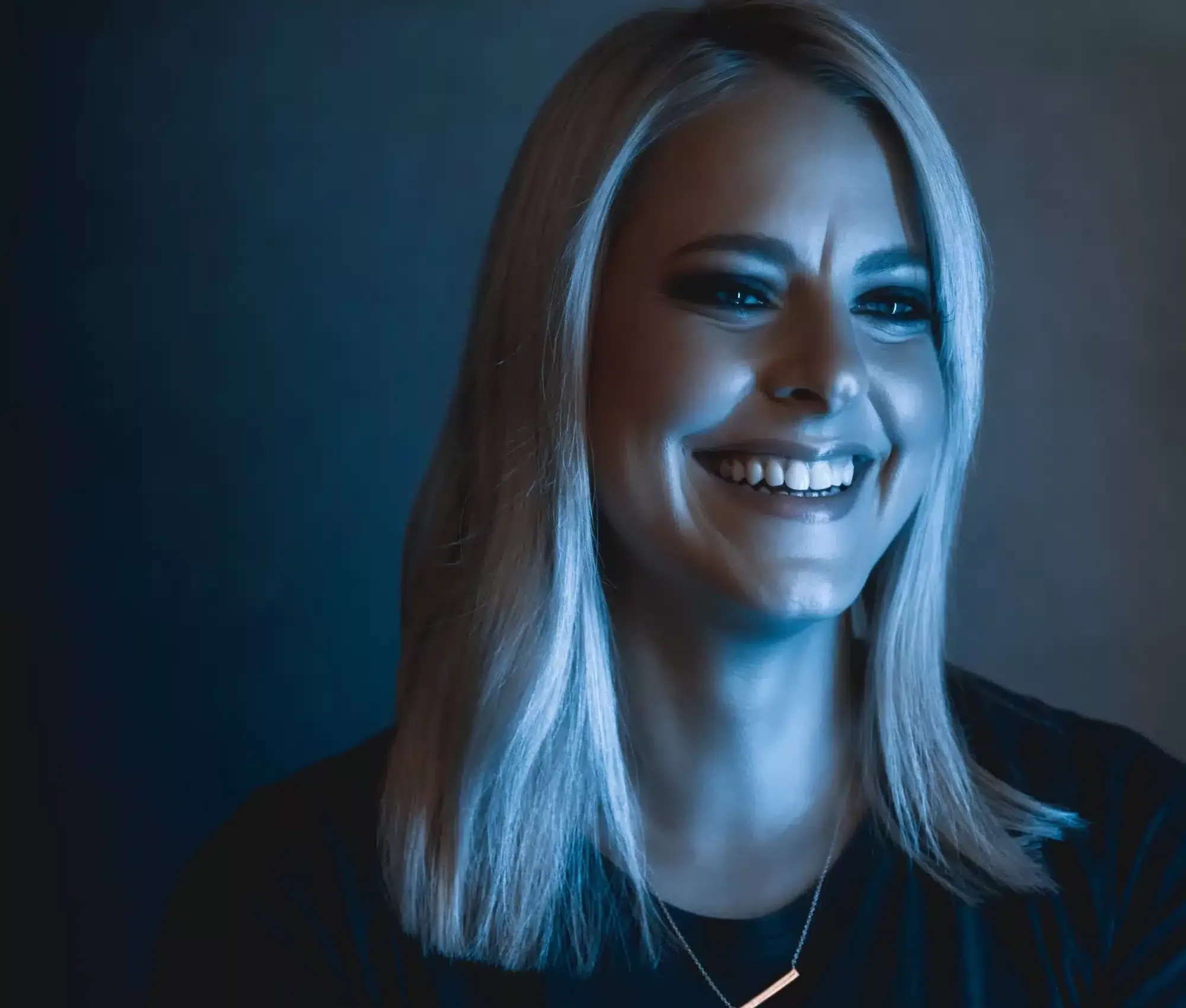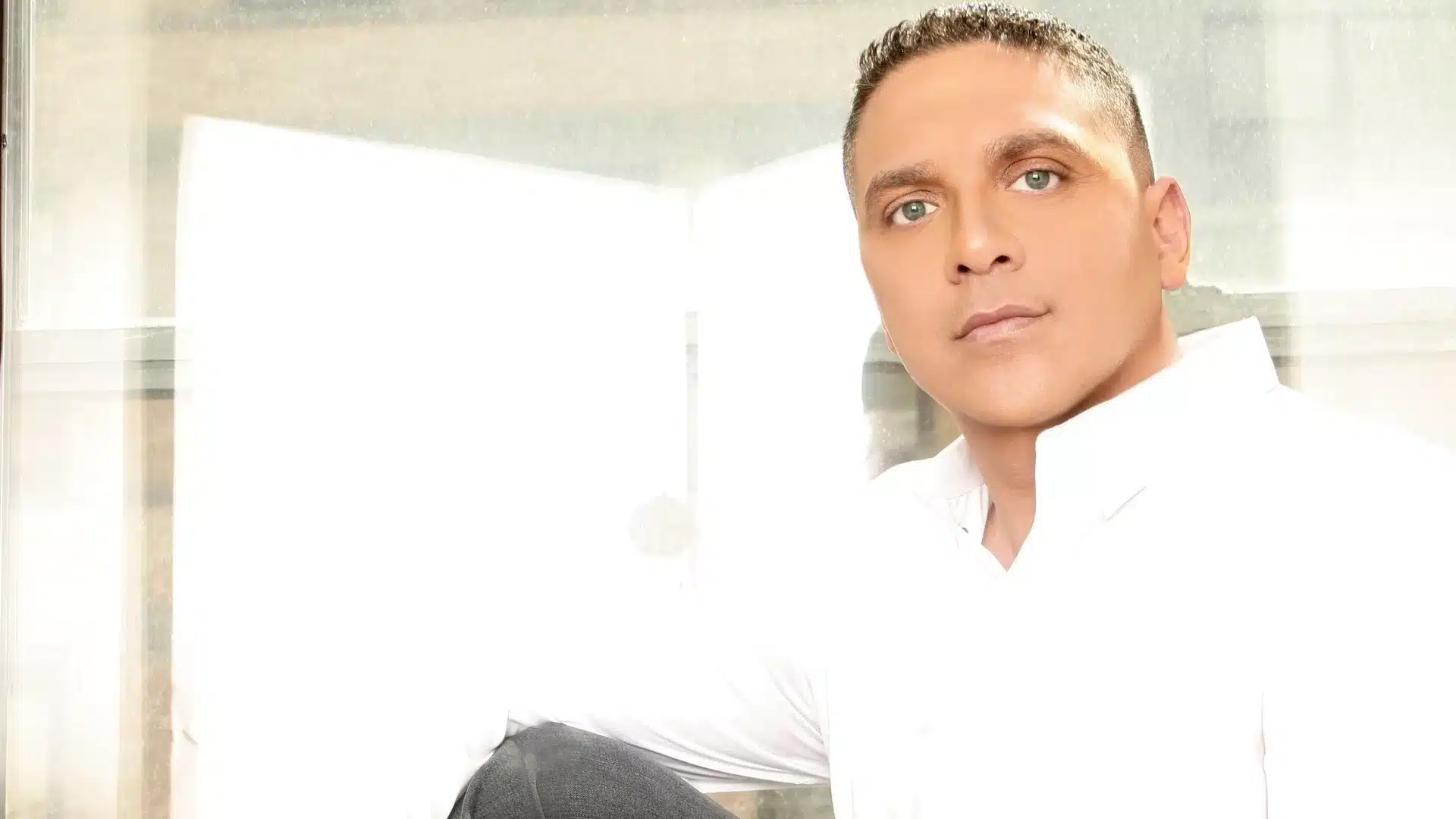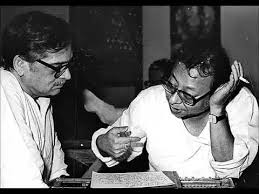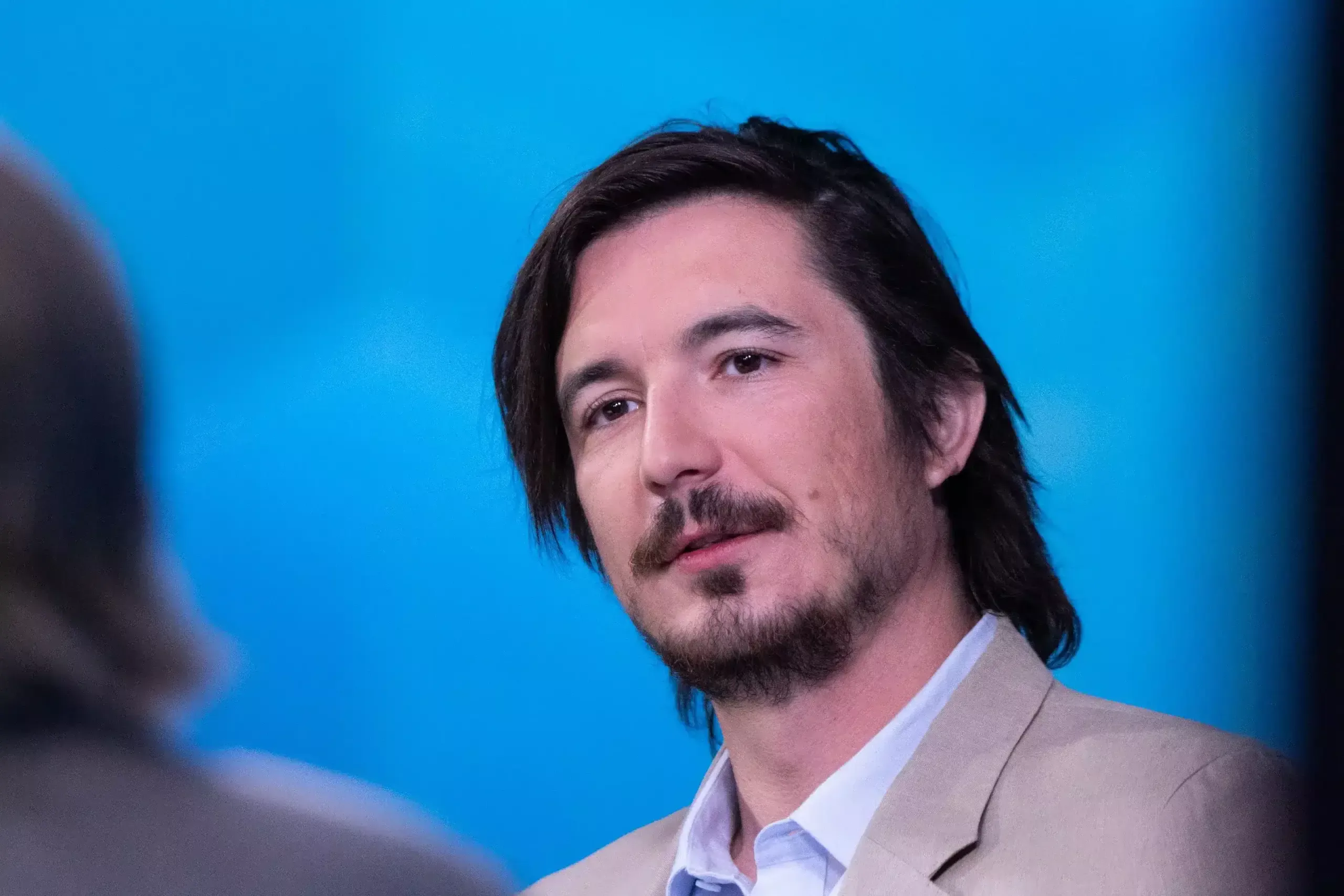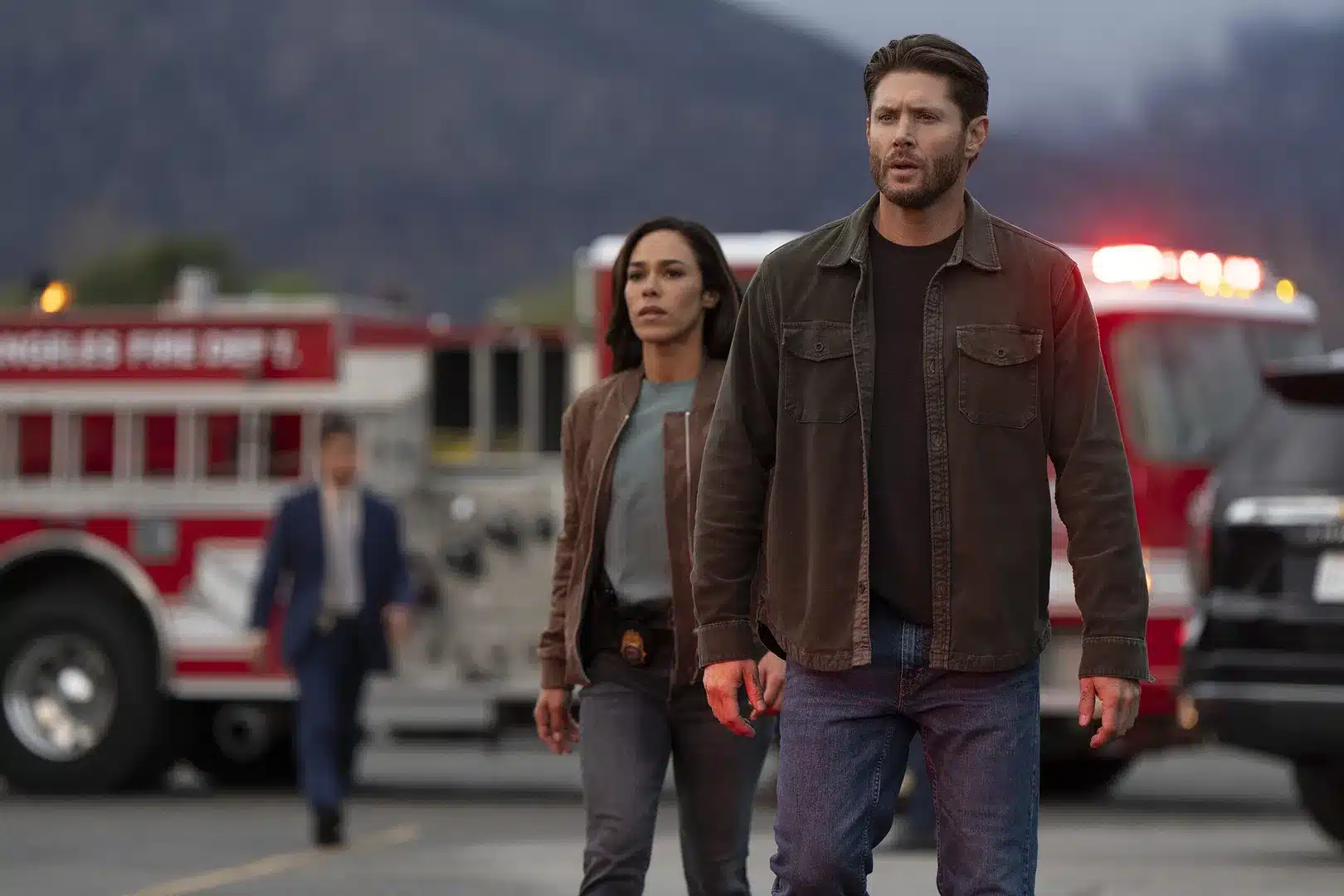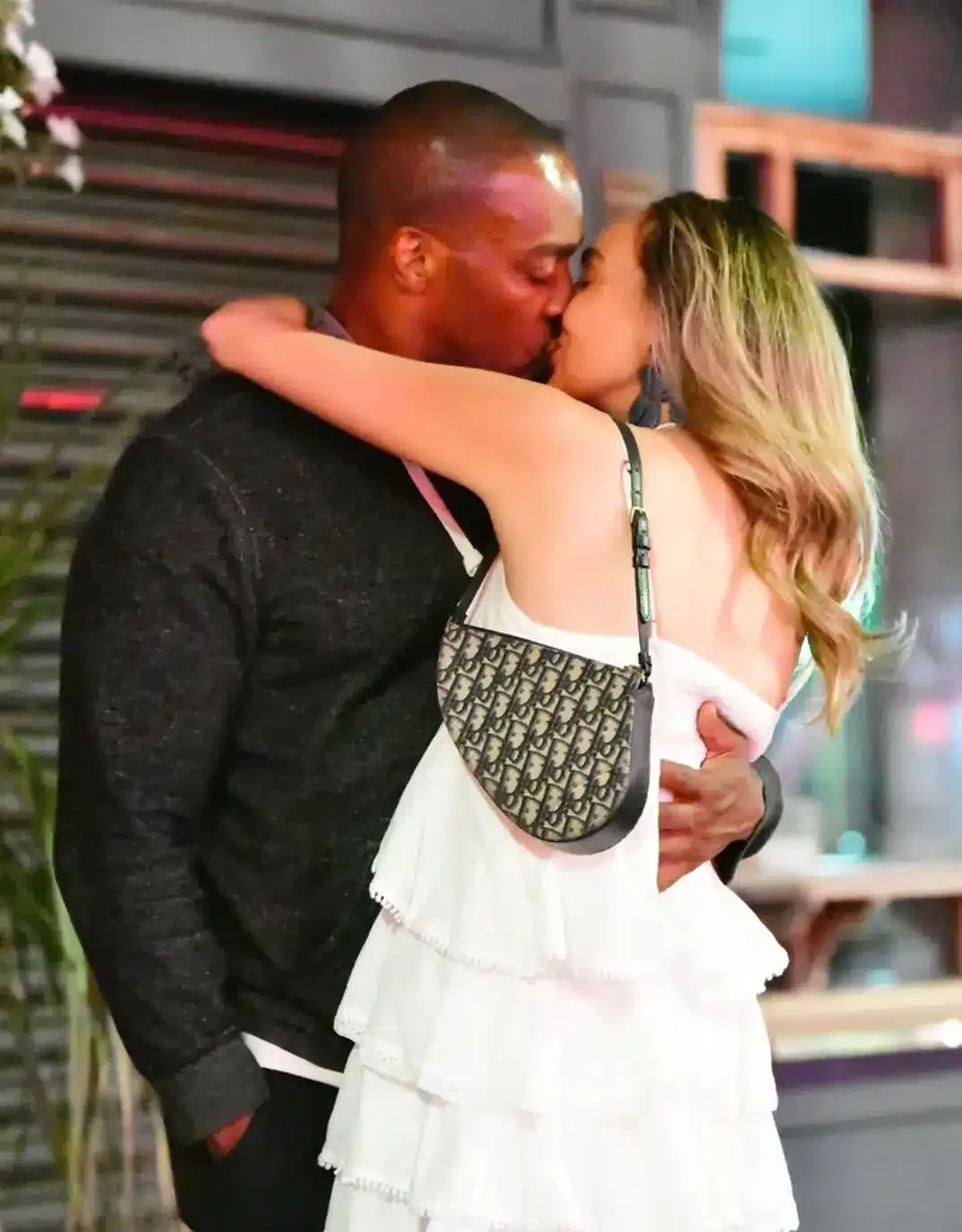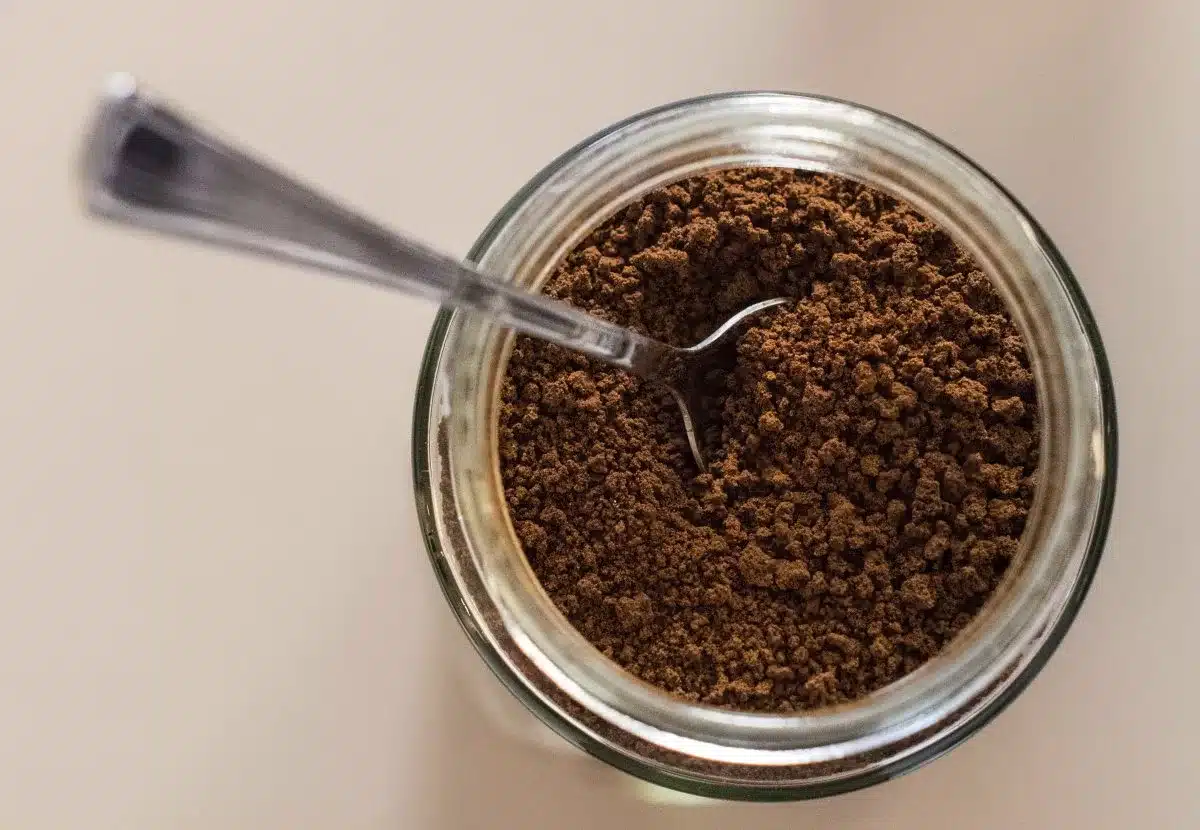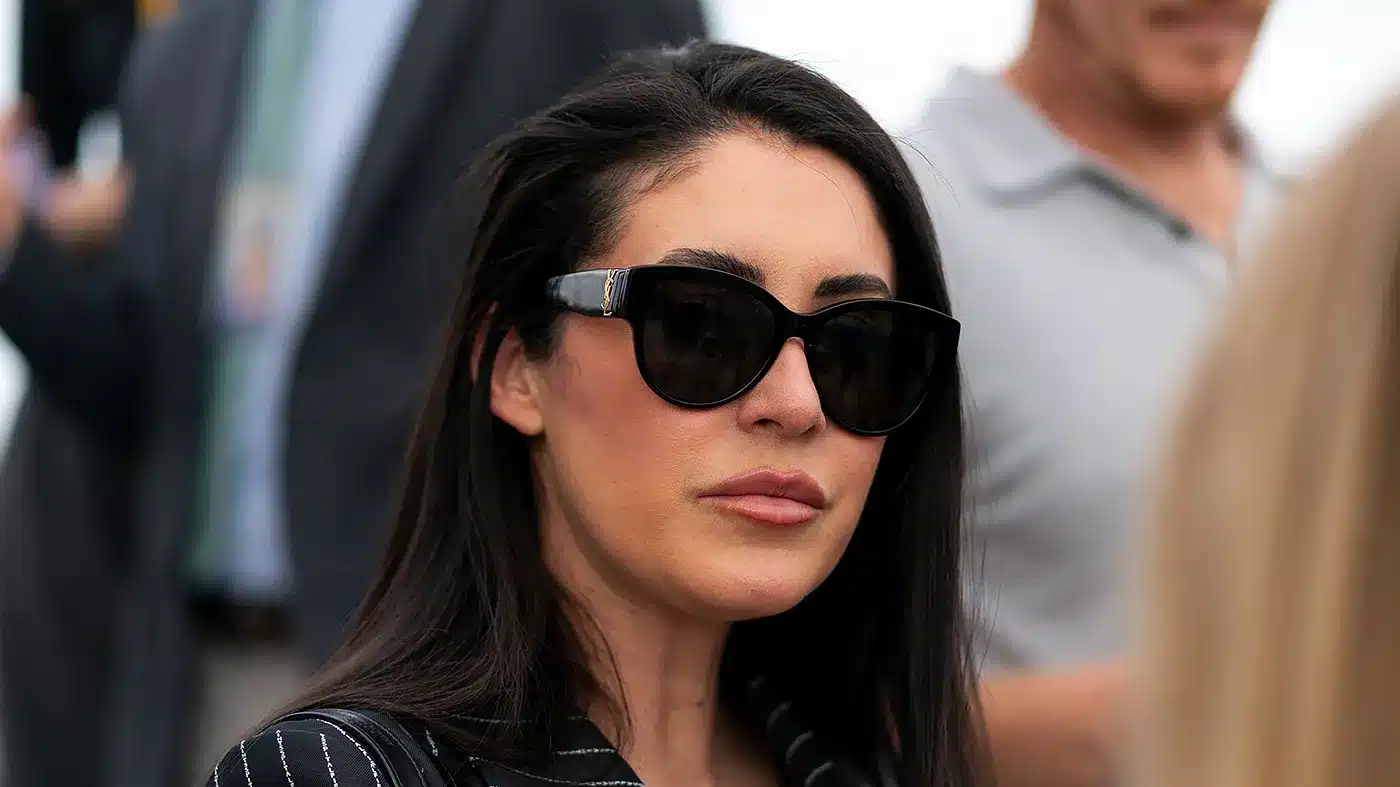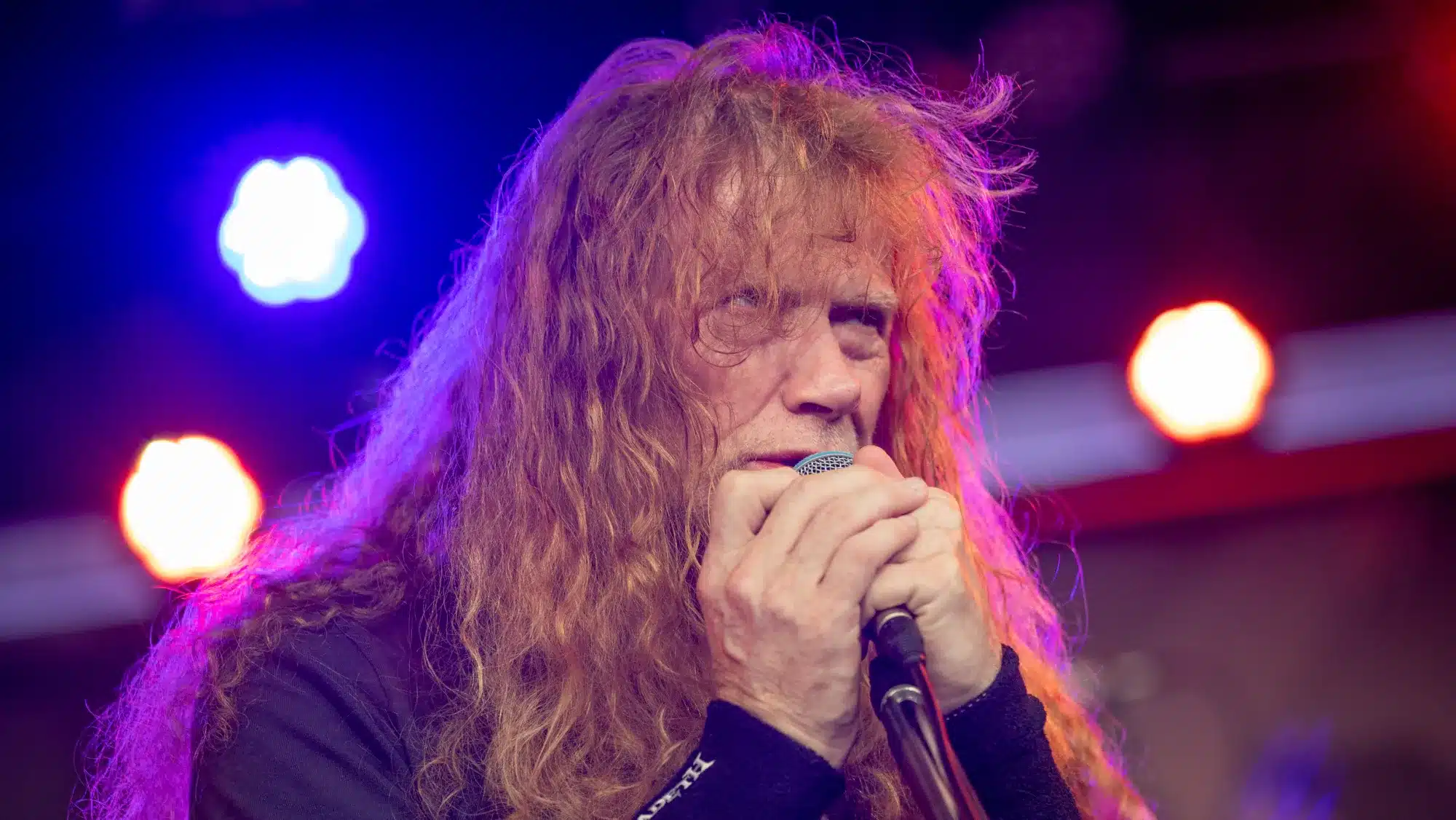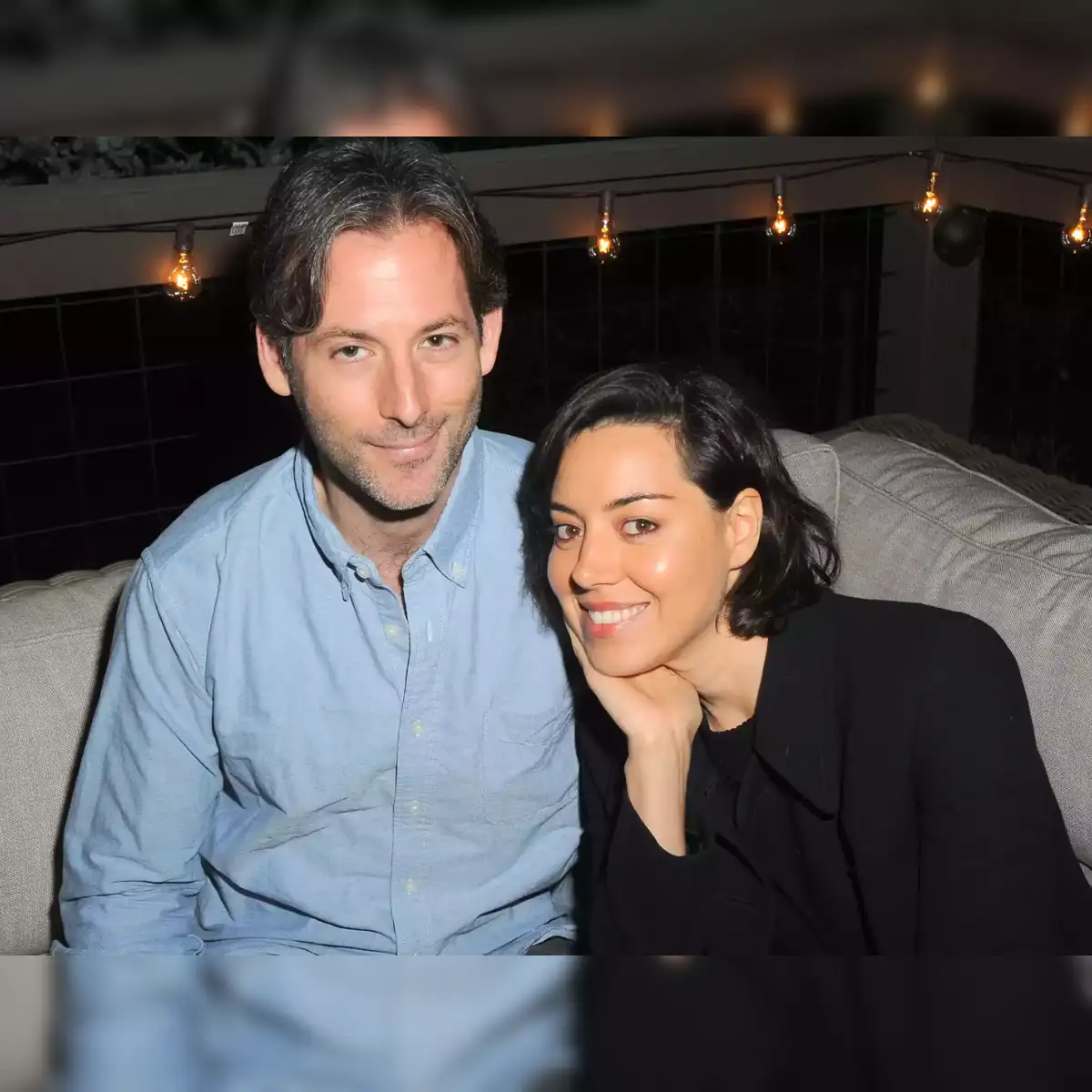
Actor Aubrey Plaza has spoken publicly for the first time about the death of her husband, filmmaker Jeff Baena, describing the pain of his suicide as “a daily struggle.”
Baena, known for directing Plaza in films such as Life After Beth and The Little Hours, died by suicide in January at the age of 47 at his Los Angeles home. The couple married in 2021 after first meeting in 2011, and his death was described at the time by Plaza and his family as “an unimaginable tragedy.”
Plaza opened up during a conversation with longtime collaborator and friend Amy Poehler on Poehler’s Good Hang podcast. Asked how she was managing during what Poehler called “a terrible, terrible, tragic year,” Plaza admitted that her grief is ongoing.
“Right in this very, very present moment, I feel happy to be with you,” Plaza said. “Overall, I’m here and I’m functioning. I feel really grateful to be moving through the world. I think I’m OK, but it’s like a daily struggle, obviously.”
The White Lotus and Parks and Recreation star used the Apple sci-fi horror The Gorge, starring Miles Teller, as a metaphor for her loss.
“It’s like an alien movie with Miles Teller,” she explained. “There’s a gorge filled with monster people trying to get them. That’s what my grief feels like, at all times, there’s a giant ocean of awfulness right there. Sometimes I want to dive into it, sometimes I just stare at it, sometimes I try to get away from it. But it’s always there, and the monster people are always trying to get me.”
Baena’s career included co-writing I Heart Huckabees with David O Russell, as well as directing the dark comedy Spin Me Round, which starred Plaza and Alison Brie. His work was praised for its “enjoyably twisted” tone, with a unique voice that left a lasting mark on independent cinema.
As Plaza continues to work through her grief, she remains focused on her career. Alongside past credits like Ingrid Goes West and Emily the Criminal, she is set to appear next in Ethan Coen’s upcoming comedy Honey Don’t.
For Plaza, however, the personal loss remains ever-present. “At all times there’s this giant ocean of awfulness,” she said. “It’s just always there.”



